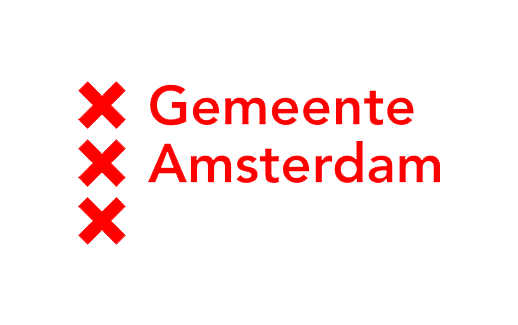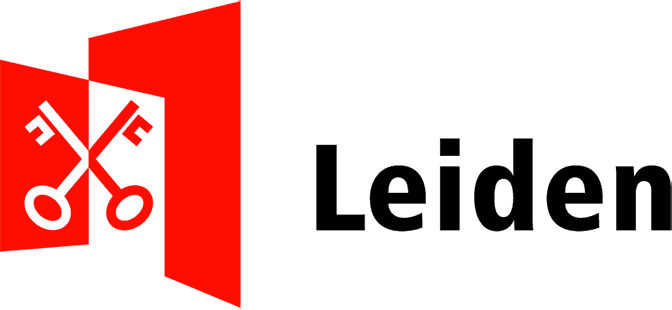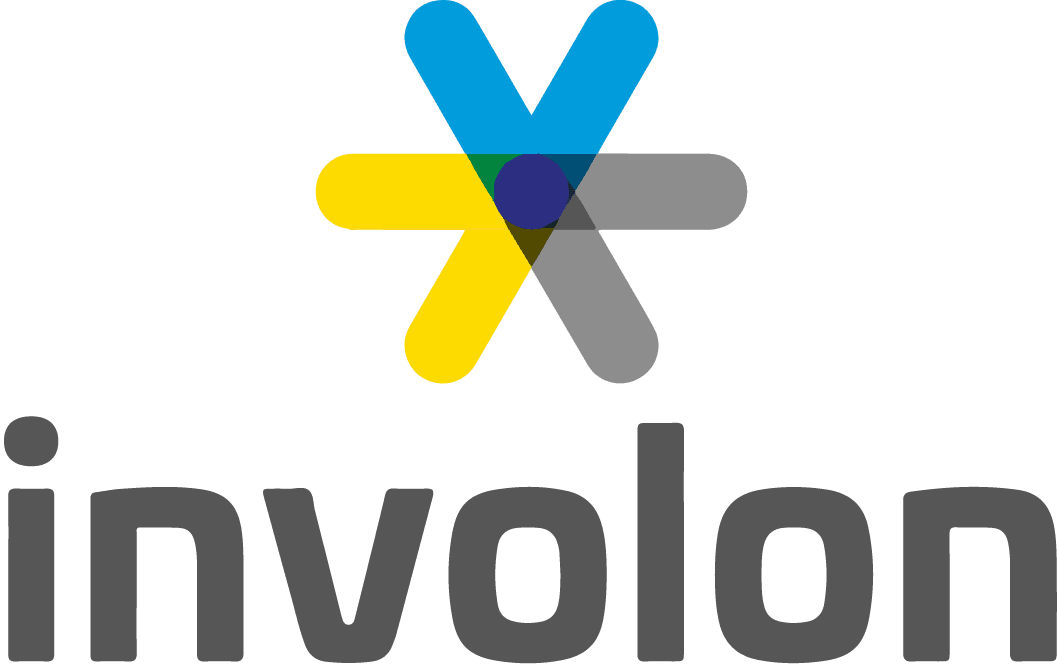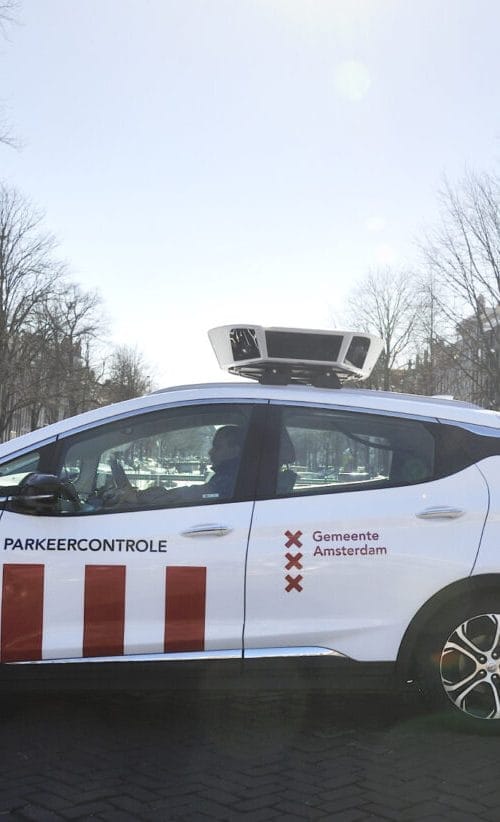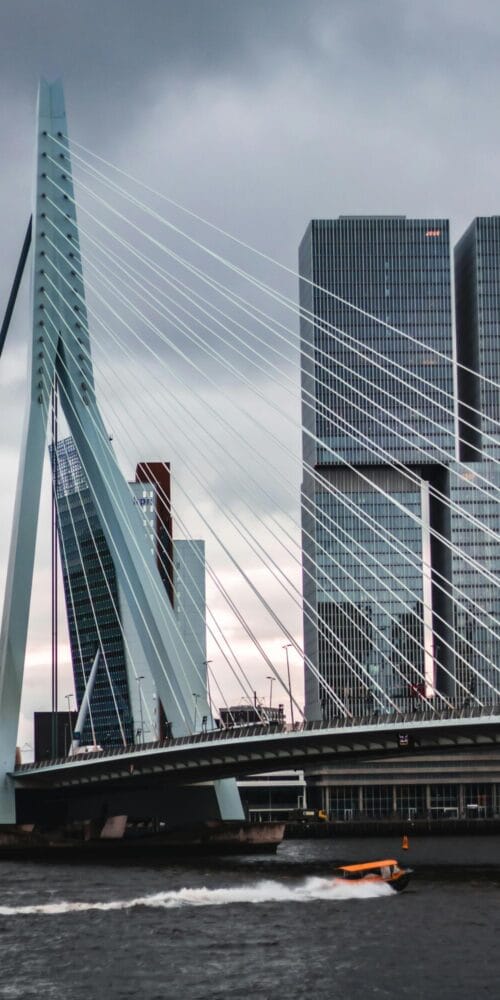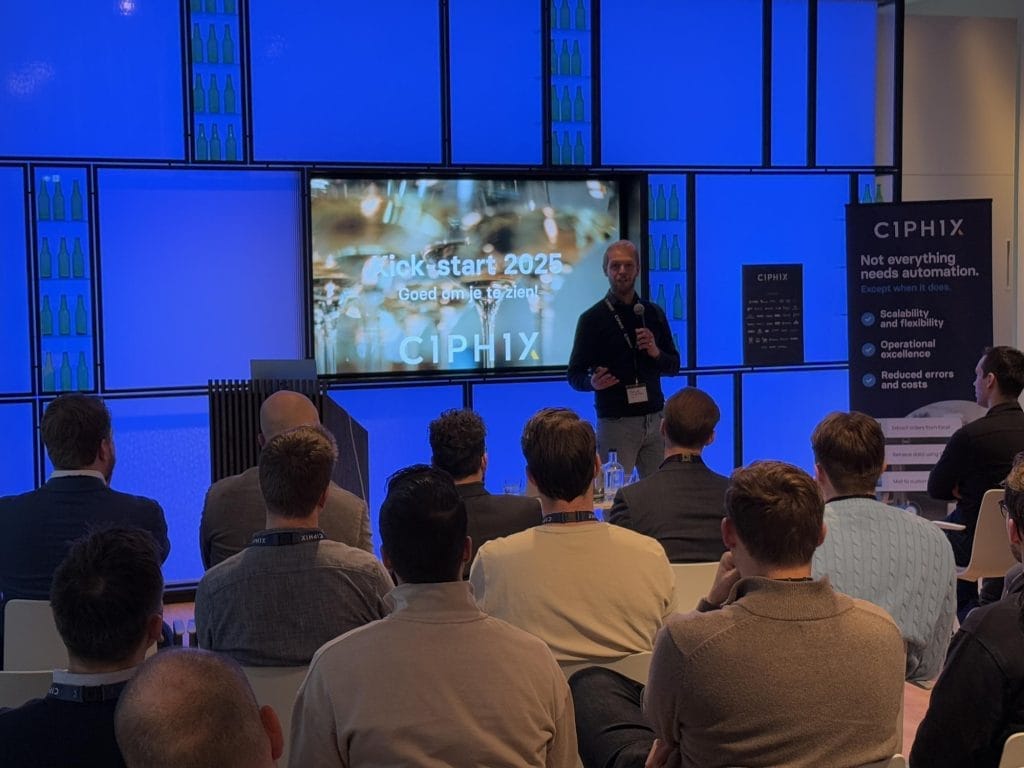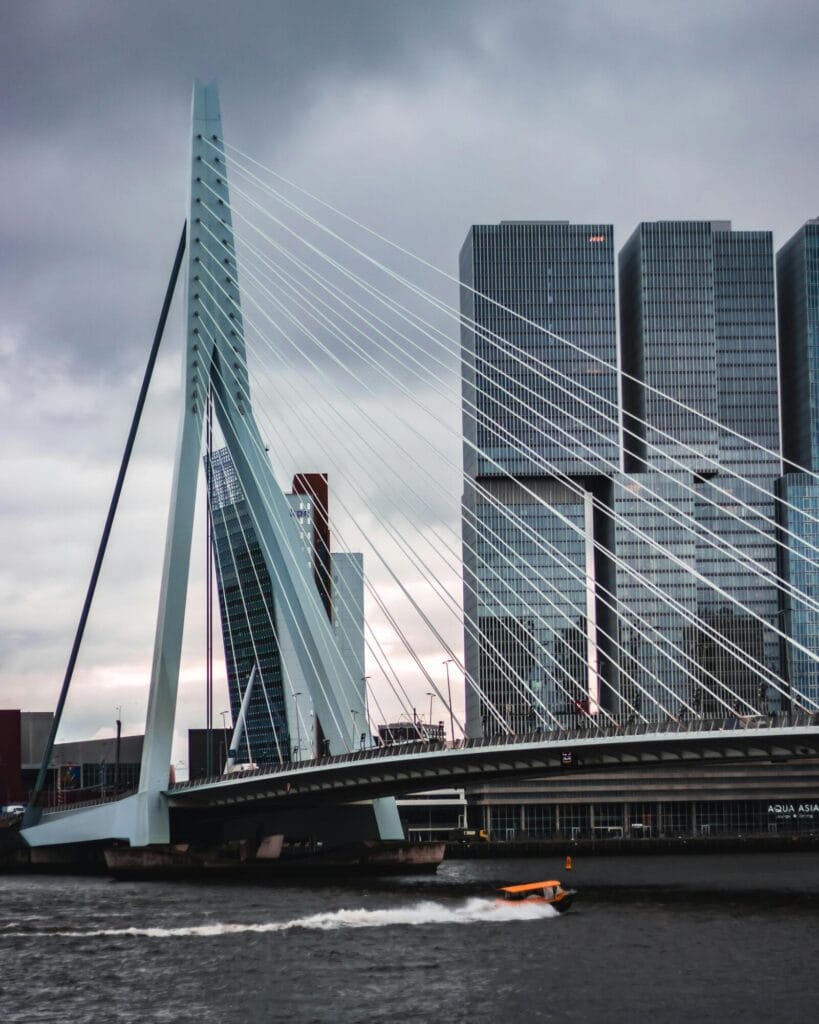Municipalities
Digitisation offers municipalities unprecedented opportunities. It can reduce the time residents have to wait for permits, tax assessments or other municipal services because they can arrange these matters themselves without the intervention of an employee. Because it is possible to do this online 24/7, it lowers the threshold for residents who might otherwise have difficulty accessing municipal services. But how do you set up a future-oriented application landscape in a sector where laws and regulations are constantly changing? How do you make sure your applications meet the specific requirements? And do you prefer to purchase applications or have them built? At Ciphix we know the challenges of municipalities and use the power of technology to get rid of outdated systems, improve the quality of your processes and help residents faster and more efficiently.
Future-oriented application landscape
Reduce administrative pressure
And give employees more time for core tasks
Help residents be more efficient
So they are helped faster and better
Improve processes
Targeted automation and consistent application of rules
Reduce frustrations in the workplace
And increase employee satisfaction
Citizen-centered
Municipalities are increasingly digitising their services so that citizens can quickly, easily and securely conduct tasks online, such as applying for permits, filing tax returns or accessing personal information. Automating these types of processes allows municipalities to work faster and more efficiently, improving overall service delivery. At Ciphix, we are convinced that we can help municipalities digitise and automate their services in a sustainable way.
Why choose Ciphix?
We show you that automating processes can be done differently. No bottomless pit of overpriced or delayed automation projects, but high-quality solutions that allow you to respond quickly to the challenges within your institution.
Expert partner
70+ Mendix Low-Code experts, recognised European Mendix Cloud Partner of the Year.
Long-term focus
Not a hit & run company, but long-term customer relationships.
Expert at municipalities
Builder of high-impact solutions for various municipalities (Amsterdam, Leiden, The Hague, Rotterdam).
Works with Involon, the knowledge partner for local governments and partnerships.
10+ years of low-code experience
Proven experience and experts in various technologies
What people say about us
The result
With our combination of customised applications and standard software solutions, municipalities can effortlessly respond to changing needs and requirements. This is how you accelerate your municipality’s digital transformation. Experience the benefits: less workload, fewer workplace frustrations and more efficient processes.
Flexible & scalable
Reduce the workload
Improved services
Frequently asked questions:
How do you build the right application for a client?
Always start with clearly identifying the customer problem. It is common that applications are developed without first fully understanding what problem an application is supposed to solve. To avoid this pitfall, we begin always with a Design Thinking-session to develop a “shared understanding‘ to create. This approach provides a structured way to deeply analyse what the core problem is, for whom it provides what value, and how best to build or improve applications.
What can you do about an outdated interface in a portal or application?
Retain focus on what is important for the end-user. Optimising an obsolete interface by asking what the end user really wants shifts the focus to the user’s needs and expectations, which is essential for improving the end-user experience. In doing so, don’t just look to revamp visual elements, but also to the optimisation of an obsolete processes. It is the ideal opportunity to customise not only the form, but also the function of the application to build an optimised interface that perfectly meets the needs of the end user.
How do I ensure that customers experience the same app/tech convenience as with private apps?
With customers wanting to experience the same convenience with business apps as with private apps, the first question is always what exactly customers mean by “convenience” and “usability. Since these are subjective concepts that are perceived differently by everyone, it is essential to first understand your customer’s specific needs and preferences as well as possible. By carefully asking about customers’ personal experience of ease of use, we can best anticipate a customer’s expectations and requirements and ultimately build applications where customers experience similar convenience to private apps.
How does replacing legacy software benefit a company?
You can answer this question from different perspectives. If you look at cost and efficiency, you reduce costs, improve the user experience for customers and staff, and reduce your risks, particularly in the area of security. You can also look at this question from your company’s future perspective. A legacy migration provides you with a business that is digitally compliant. When good ideas come from the business, you can estimate what it’s going to cost, what it’s going to deliver and how you can implement it. Ultimately, that’s something every business should be able to do.
What business processes can be automated?
There are several business processes at almost every company that can be can be automated. The most common processes that automatedrd are the invoicing process, inventory management and data entry. Software then then for example for that invoices are automatically prepared and sent and payments are tracked. As a result, fewer errors are made and employees spend less time on administration.
Challenge us!
A future-proof application landscape? Digitising and automating municipal services for efficiency and more time for the human touch? We help your organisation further.
